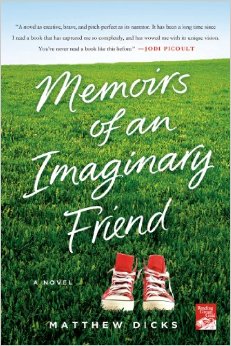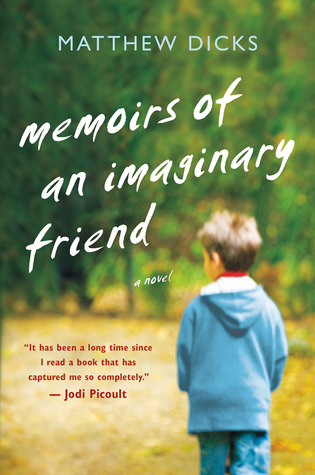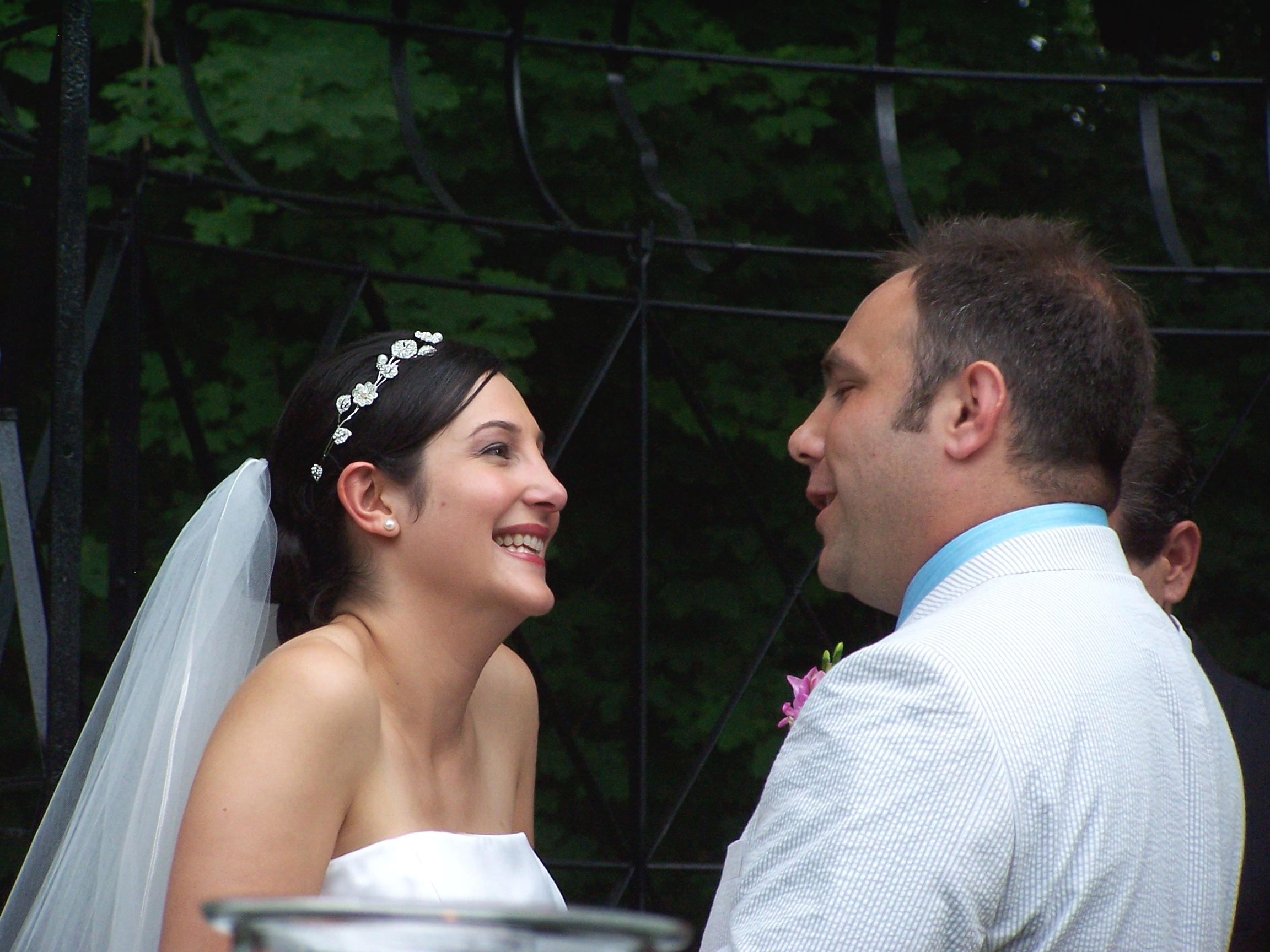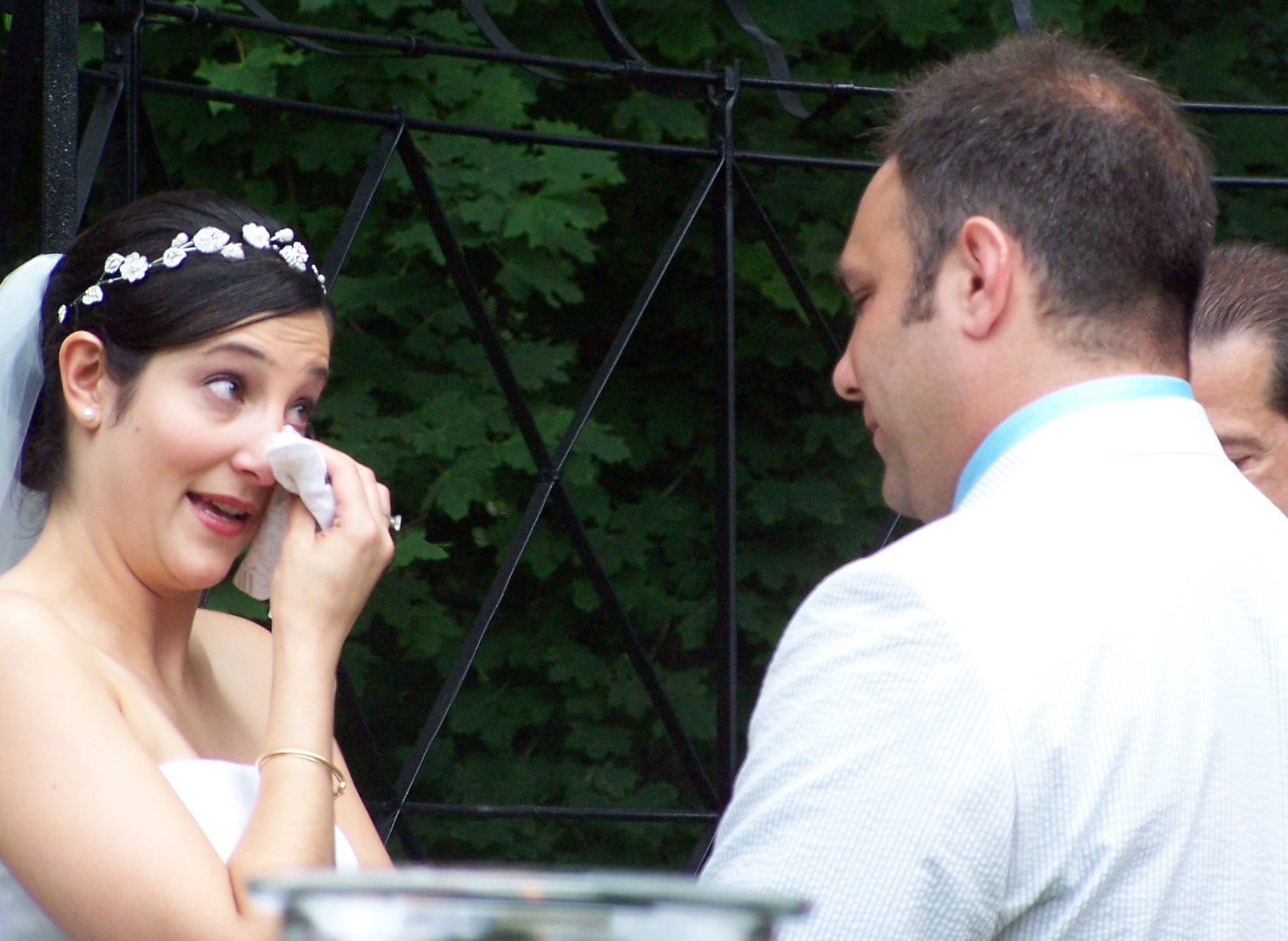I don’t understand people who talk about five year plans. A lot can happen in five years. Thinking that you can plan that far ahead is crazy.
Five years ago, I was a writer who had published what appeared to be his last novel. I had written a third novel entitled Chicken Shack that no one wanted. For a struggling mid-list novelist, this universal rejection from the publishing industry often signals the end of a writing career.
My agent said, "You just need to write your best novel ever and relaunch your career."
"Oh? Is that all?" I said.
I thought I was doomed. Instead, I did what she told me to do. I wrote my most successful book to date. An international bestseller published in more than 20 countries. A Dolly Gray Award winner, a Target book club pick, and a Nutmeg Award nominee.
But tell me five years ago that any of that would happen and I would've thought you were nuts. Writing my "best novel ever" was not part of my five year plan. I didn't think it was even possible.
In fact, five years ago, I could count the number of countries where my novels had been published on one hand. Now I'd need five hands to keep count.
Five years ago, none of my books had been optioned for film. I had yet to write a screenplay and didn't even know how.
Five years ago, I had just finished writing a rock opera that I never thought I'd see staged in a theater. I was certain that my playwriting career was over. A brief experiment into a new genre that would never leave the page.
Instead, our rock opera was performed by a cast of professional actors for a weekend run at a local theater, and I've gone on to write three other musicals. I've watched all three performed onstage, and I've actually made a tiny bit of money off the work.
None of this was a part of any five year plan.
Five years ago, I had yet to write a comic book. I had yet to land my job as a humor columnist. Neither of these things was even a blip on my radar.
Five years ago, I had told one story on one stage at one Moth StorySLAM. If you had told me that I was going to win 20 StorySLAMs and 4 GrandSLAMS in the next five years, I would've told you that you were insane. Had you told me that I would perform in front of hundreds and sometimes thousands of people at a time around the country, I would've had you committed.
None of this was a part of my five year plan.
Five years ago I had yet to teach storytelling to a single person. Teaching storytelling at places like Yale or Kripalu or the University of Connecticut or Purdue University was unimaginable. Conducting storytelling workshops for school districts, rabbinical schools, second generation survivors of the Holocaust, summer camps, writers, performers, screenwriters, and grandparents who can't get their grandchildren to listen to them would've been unthinkable. Traveling to Brazil to tell stories and teach students, teachers, and business leaders would've seemed ludicrous.
Five years ago our storytelling organization Speak Up did not exist. We had yet to produce a single show. Had you told me that we'd be selling out venues as large as 500 seats more than a dozen times a year, I would've thought that you needed professional help.
A lot can change in five years.
Instead of a five year plan, how about a six month plan? Or a three month plan? In five years, this guy’s son will be entering kindergarten. He may have more children, planned or otherwise. His company could declare bankruptcy. The United States could be at war with Canada.
Five years is a long time. If this man is serious about wanting to make a change in his life, spend more time with his family, and find a way to make a difference in the world, why wait five years? Having an intimate and personal understanding as to how short life can be, I wanted to tell this guy to ditch the stupid five year plan, go home, and sign up for the damn program.
I didn’t. In the end, this guy seemed too invested in this five year plan to deter him with my few nuggets of wisdom, but I am left wondering where he will be in five years.
Will he be the teacher that he wants to be?
Will he be spending more time with his family?
Will he have escaped the corporate culture that he so despises?
Who knows? It’s five years away!
But I can guarantee that none of these things will come to pass in this year or the next. That’s the thing about a five year plan. It allows you to do nothing for a very long time.


























